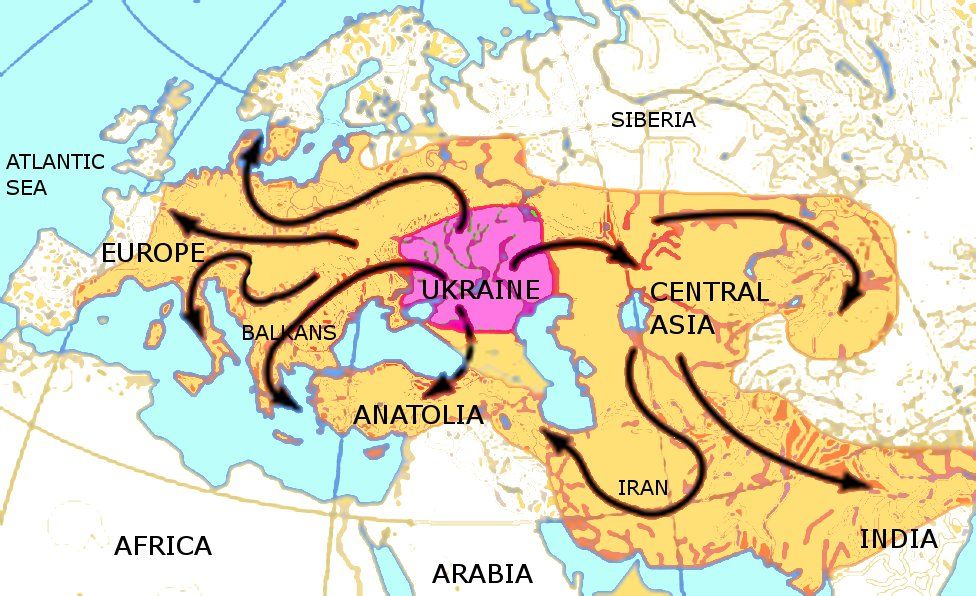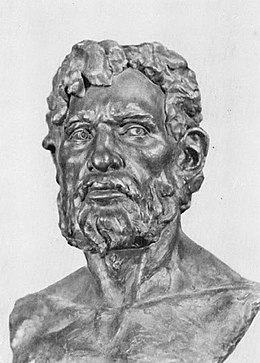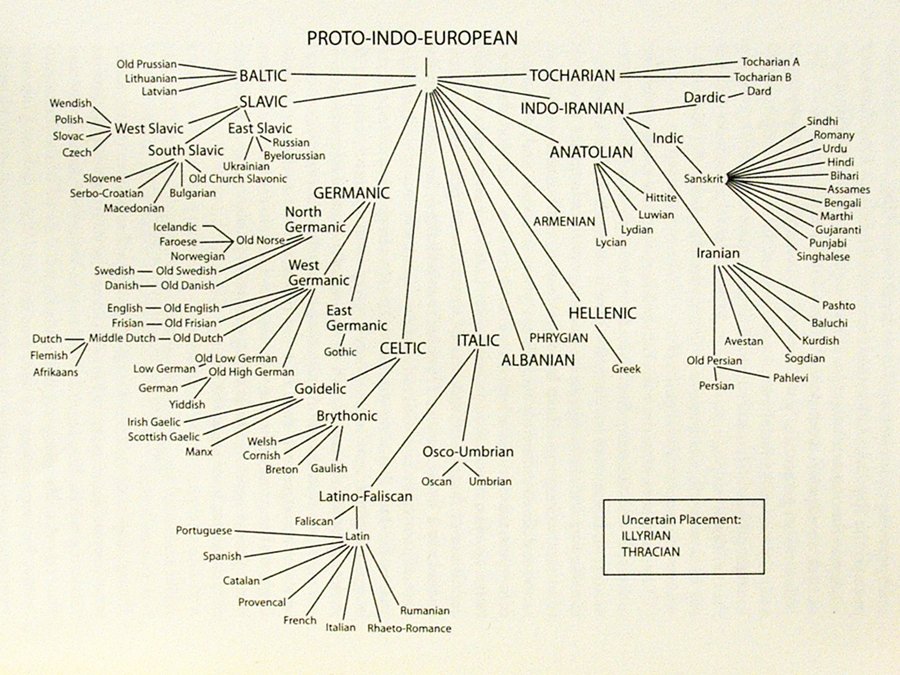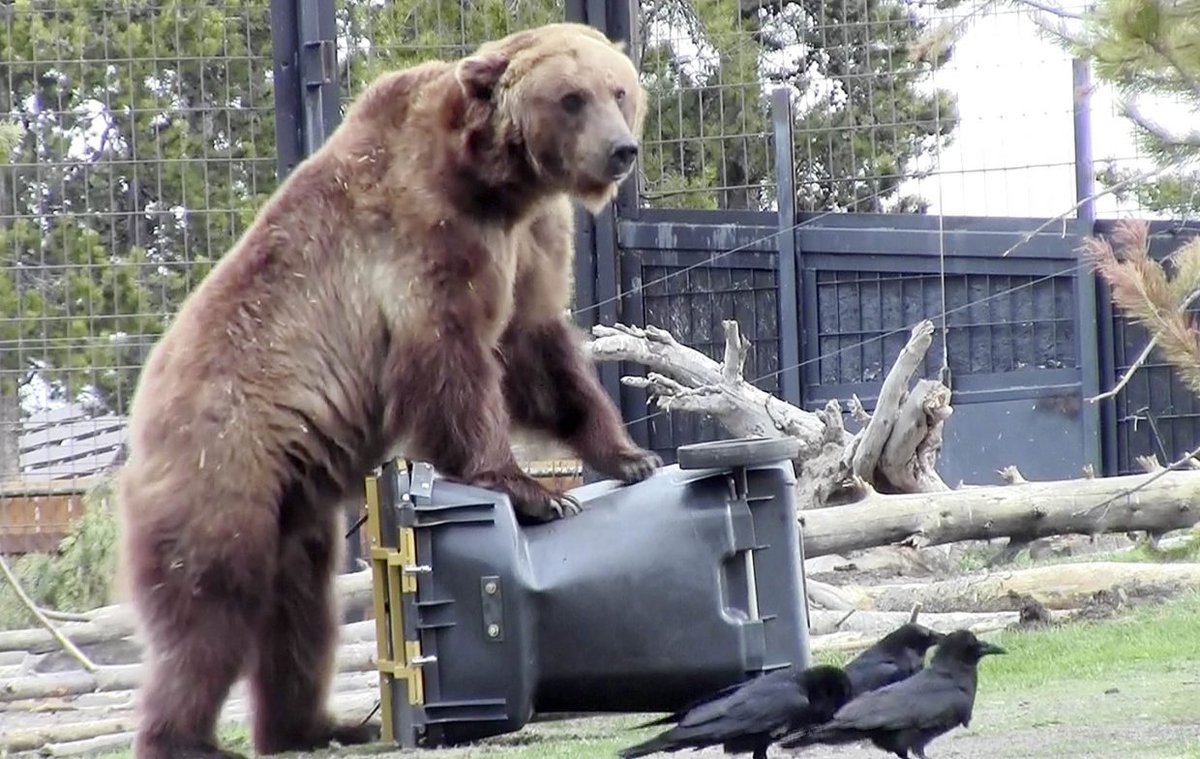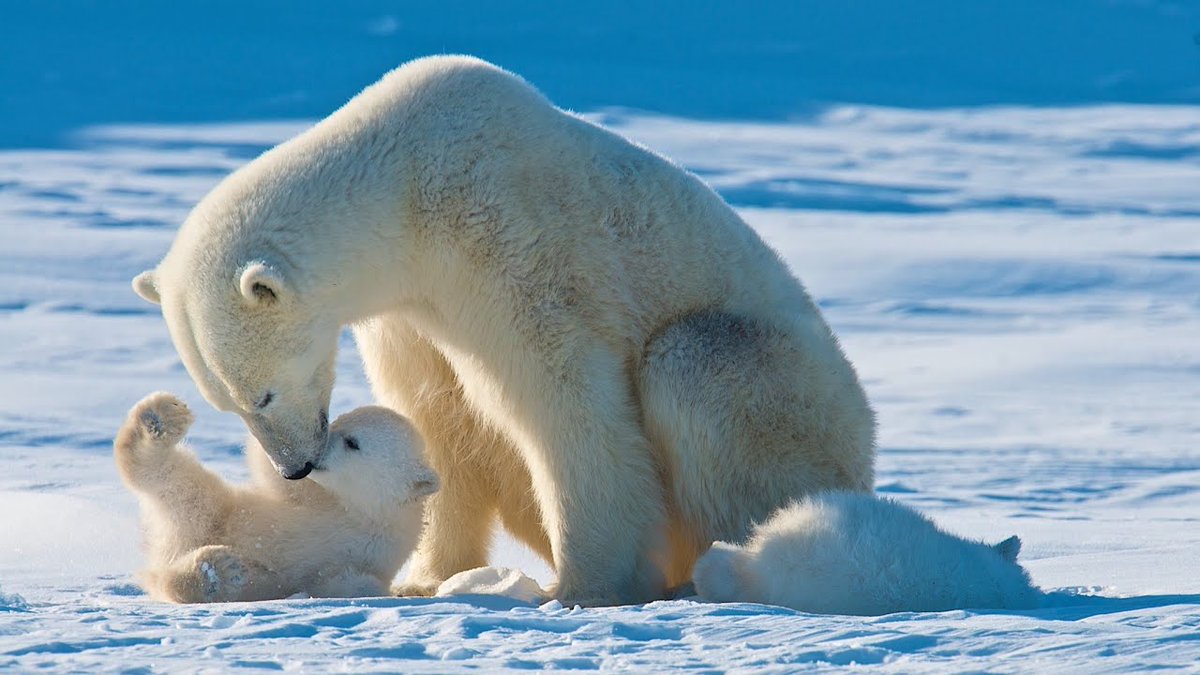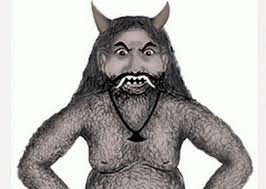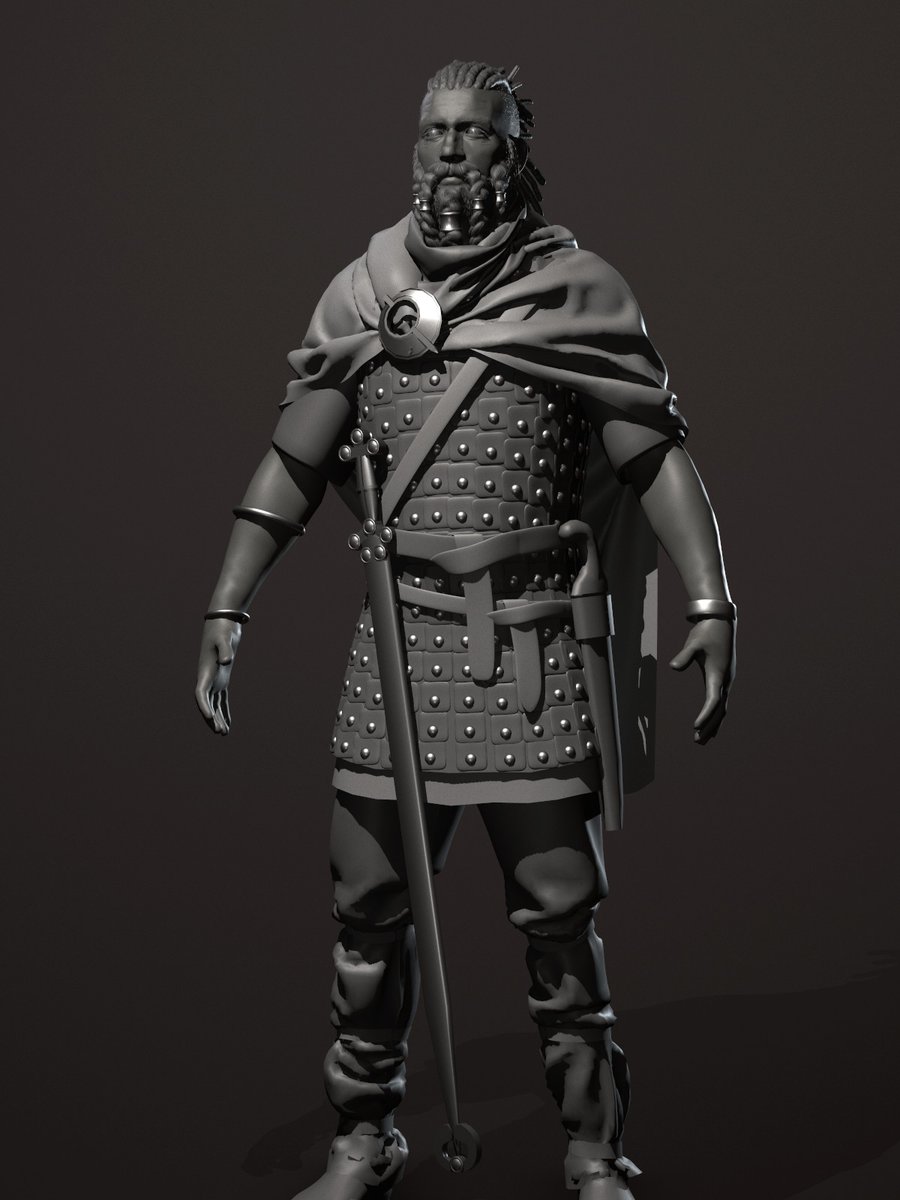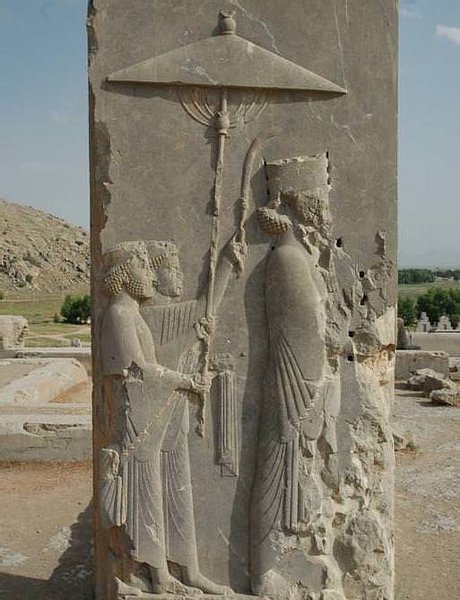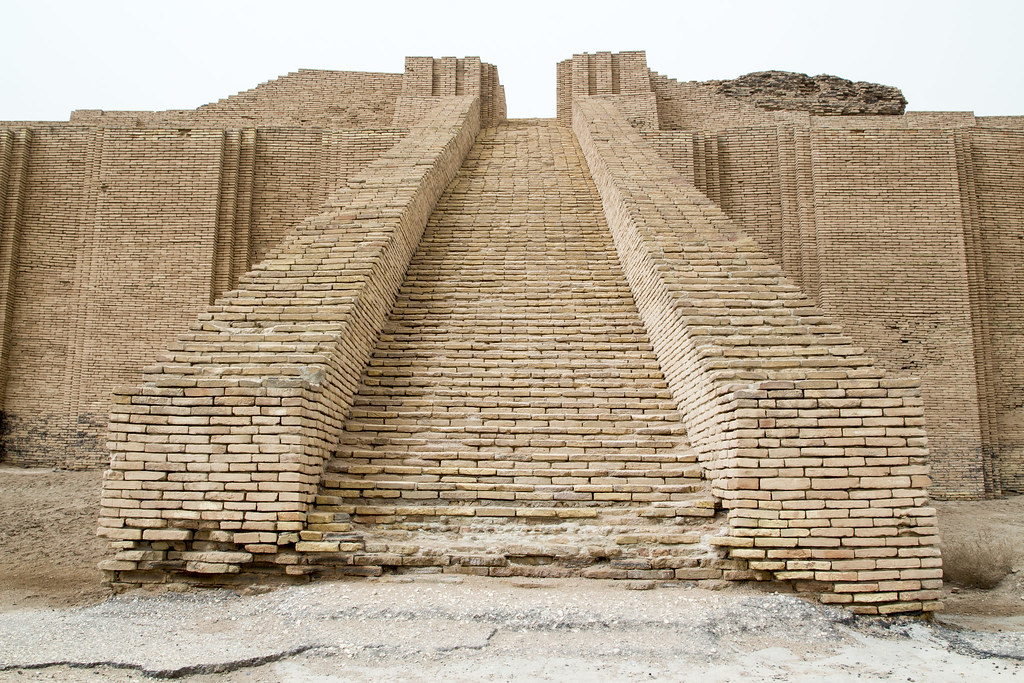[QUICK THREAD: XERXES, RIKSH, AND THE BIG DIPPER]
1/10
This brilliant thread by Crystal speaks of the word for dog in a tongue that went extinct more than 3,800 years ago. Do read even if you not into linguistics. And once done, come back to the rest of this. https://twitter.com/cfthisfootnote/status/1300512938940182528">https://twitter.com/cfthisfoo...
1/10
This brilliant thread by Crystal speaks of the word for dog in a tongue that went extinct more than 3,800 years ago. Do read even if you not into linguistics. And once done, come back to the rest of this. https://twitter.com/cfthisfootnote/status/1300512938940182528">https://twitter.com/cfthisfoo...
2/10
Crystal& #39;s thread rang a bell. The word "ur" sounded familiar! There& #39;s coincidences, many coincidences.
About 6.5-4.5k years ago in the region around the Caspian, there lived a people we today call the Proto-Indo-Europeans. They spoke a tongue we call the PIE language.
Crystal& #39;s thread rang a bell. The word "ur" sounded familiar! There& #39;s coincidences, many coincidences.
About 6.5-4.5k years ago in the region around the Caspian, there lived a people we today call the Proto-Indo-Europeans. They spoke a tongue we call the PIE language.
3/10
The PIE folks didn& #39;t write anything down do there& #39;s no way for us to know for sure how they sounded or what their grammar was like. But with methodical linguistic extrapolations and educated guesswork, we& #39;ve managed to reconstruct it with remarkable fidelity.
The PIE folks didn& #39;t write anything down do there& #39;s no way for us to know for sure how they sounded or what their grammar was like. But with methodical linguistic extrapolations and educated guesswork, we& #39;ve managed to reconstruct it with remarkable fidelity.
4/10
The PIE tongue is said to be the ancestors to most spoken today in both Europe and many in Asia, especially Iran and India. That& #39;s not hard to process given how these very peoples helped gentrify all three about 3k years ago. Remember Aryans?
The PIE tongue is said to be the ancestors to most spoken today in both Europe and many in Asia, especially Iran and India. That& #39;s not hard to process given how these very peoples helped gentrify all three about 3k years ago. Remember Aryans?
5/10
In this thread, since it& #39;s a short one, I& #39;ll only focus on one word. The PIE word for bear.
*h₂r̥tḱós
The word started off as an adjective meaning destructive, but later also came to be used as a noun for the animal. Sick of bears tipping over their trashcana, maybe?
In this thread, since it& #39;s a short one, I& #39;ll only focus on one word. The PIE word for bear.
*h₂r̥tḱós
The word started off as an adjective meaning destructive, but later also came to be used as a noun for the animal. Sick of bears tipping over their trashcana, maybe?
6/10
When the Hellenic languages evolved, this word became the Greek for bear, άρκτος (árktos). Sounds like Arctic, the land of polar bears?
When the Aryans developed Sanskrit on their way to India, we got राक्षस (rákṣas) and ऋक्ष (ṛ́kṣa).
When the Hellenic languages evolved, this word became the Greek for bear, άρκτος (árktos). Sounds like Arctic, the land of polar bears?
When the Aryans developed Sanskrit on their way to India, we got राक्षस (rákṣas) and ऋक्ष (ṛ́kṣa).
7/10
राक्षस् (rákṣas) is Sanskrit for demon, well, roughly speaking. ऋक्ष (ṛ́kṣa) is bear. Demons are destructive, as are bears!
On the Italian Peninsula, we got the Proto-Italic *orssos which, in turn, brought us ursus in Latin. You know it in Ursa Major today.
राक्षस् (rákṣas) is Sanskrit for demon, well, roughly speaking. ऋक्ष (ṛ́kṣa) is bear. Demons are destructive, as are bears!
On the Italian Peninsula, we got the Proto-Italic *orssos which, in turn, brought us ursus in Latin. You know it in Ursa Major today.
8/10
If you speak Italian today, those familiar with the modern version, orso. If French, then ours (pronounced ūrs). And if Spanish, then oso.
On the British Isles, Celtic inherited it as *artos, later giving us the Old Irish art which means bear, hero, and warrior.
If you speak Italian today, those familiar with the modern version, orso. If French, then ours (pronounced ūrs). And if Spanish, then oso.
On the British Isles, Celtic inherited it as *artos, later giving us the Old Irish art which means bear, hero, and warrior.

 Read on Twitter
Read on Twitter